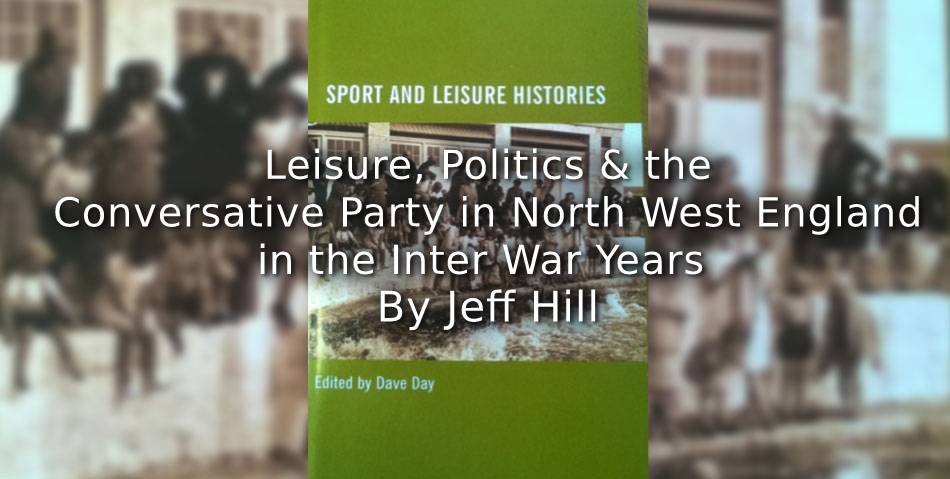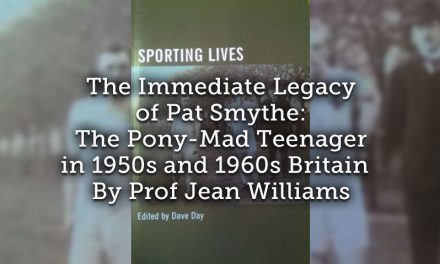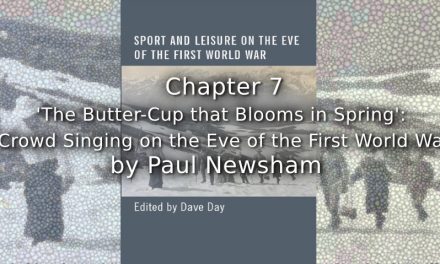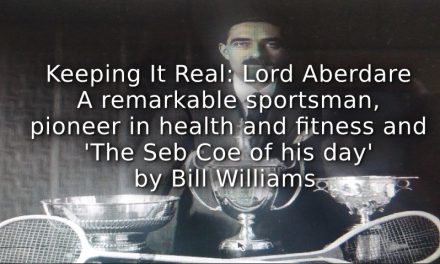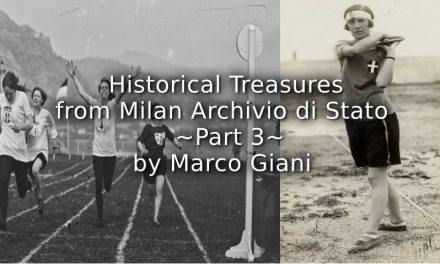This podcast from Jeff Hill, from a collection of short papers on aspects of sport and leisure history, has its origins in two North-West British Society of Sports History regional symposia hosted by Manchester Metropolitan University on its Crewe campus. The contributors come from many different backgrounds and include some of Britain’s leading academic sports and leisure historians alongside early career researchers and independent scholars in the field of sports and leisure history. The full collection of papers were later published in book form, Sport and Leisure Histories, please click here for more details and purchase information
Introduction
The electoral success of the British Conservative Party in the nineteenth and twentieth centuries has been the subject of extensive scrutiny by historians. For the most part emphasis has been placed upon what we might term ‘political’ matters: both national or local issues and the policies related to them, or the deeper social and cultural influences that shaped enduring party identity and loyalties. In this respect Lancashire, with its strong traditions of popular Toryism going back to the early nineteenth century, makes a particularly interesting case study. Between the General Elections of 1885 and 1945 the Conservatives would normally expect to win a majority of seats in Lancashire. Briefly put, there were two overriding reasons in the thirty years before 1914 for Tory successes. One had to do with a series of electoral issues (especially Irish Home Rule and the Anglo-Boer War) unfavourable to the Liberal Party. The other was a deep-seated animosity on the part of indigenous people towards Irish Catholic immigrants, numbering around half a million in Lancashire at the turn of the century. The Conservatives’ stance on Church and State won them a succession of victories in these years, especially in constituencies in western and central Lancashire – Liverpool being the exemplar. In short, by presenting a firm national demeanour against the Liberals’ more sectional, chapel-based politics, the Conservative Party was seen as the natural party for English people faced with an ‘alien’ immigration of Irish Catholics. Whilst this pattern of party allegiance was to persist after 1918 in some places, notably Liverpool, the relative decline of religious identity after the War, and new political faultlines brought about by the emergence of the Labour Party, prompted a different approach by the Conservatives. The interwar years were characterised by a ‘new’ Toryism.
To listen to the rest of the paper – press play below:
Article © Jeff Hill

